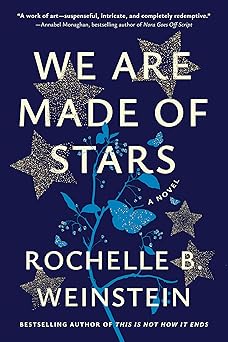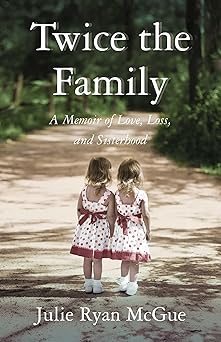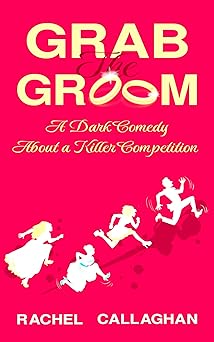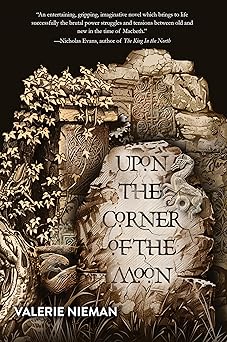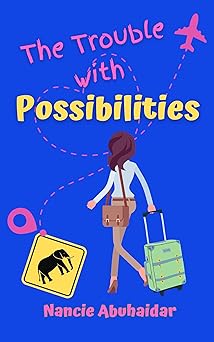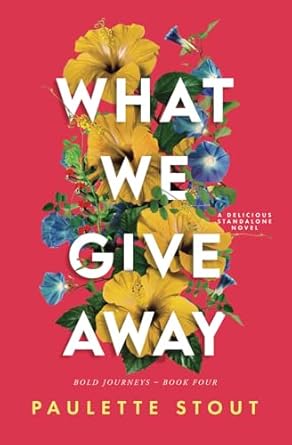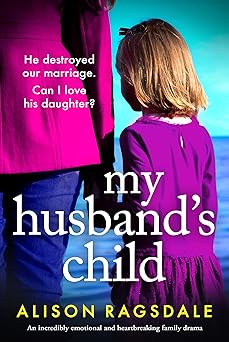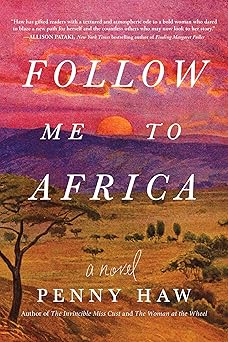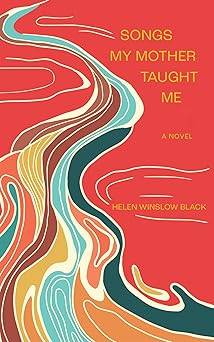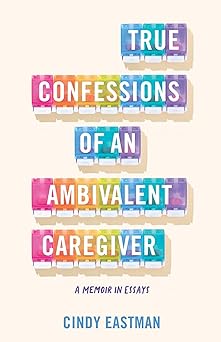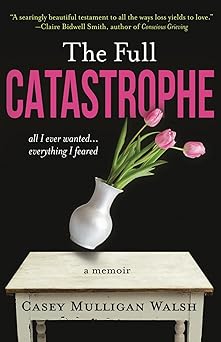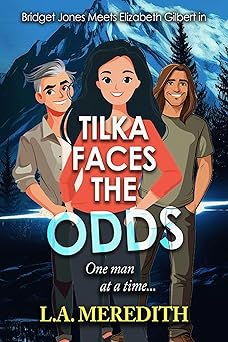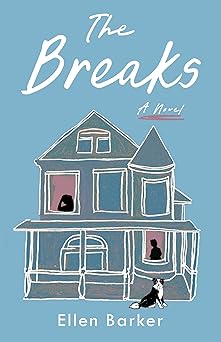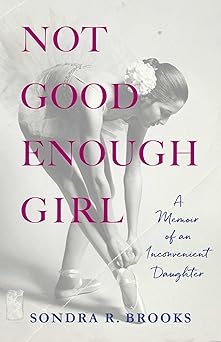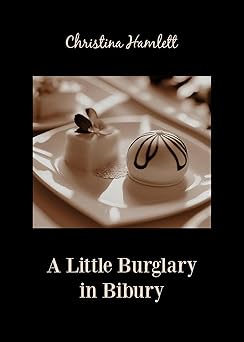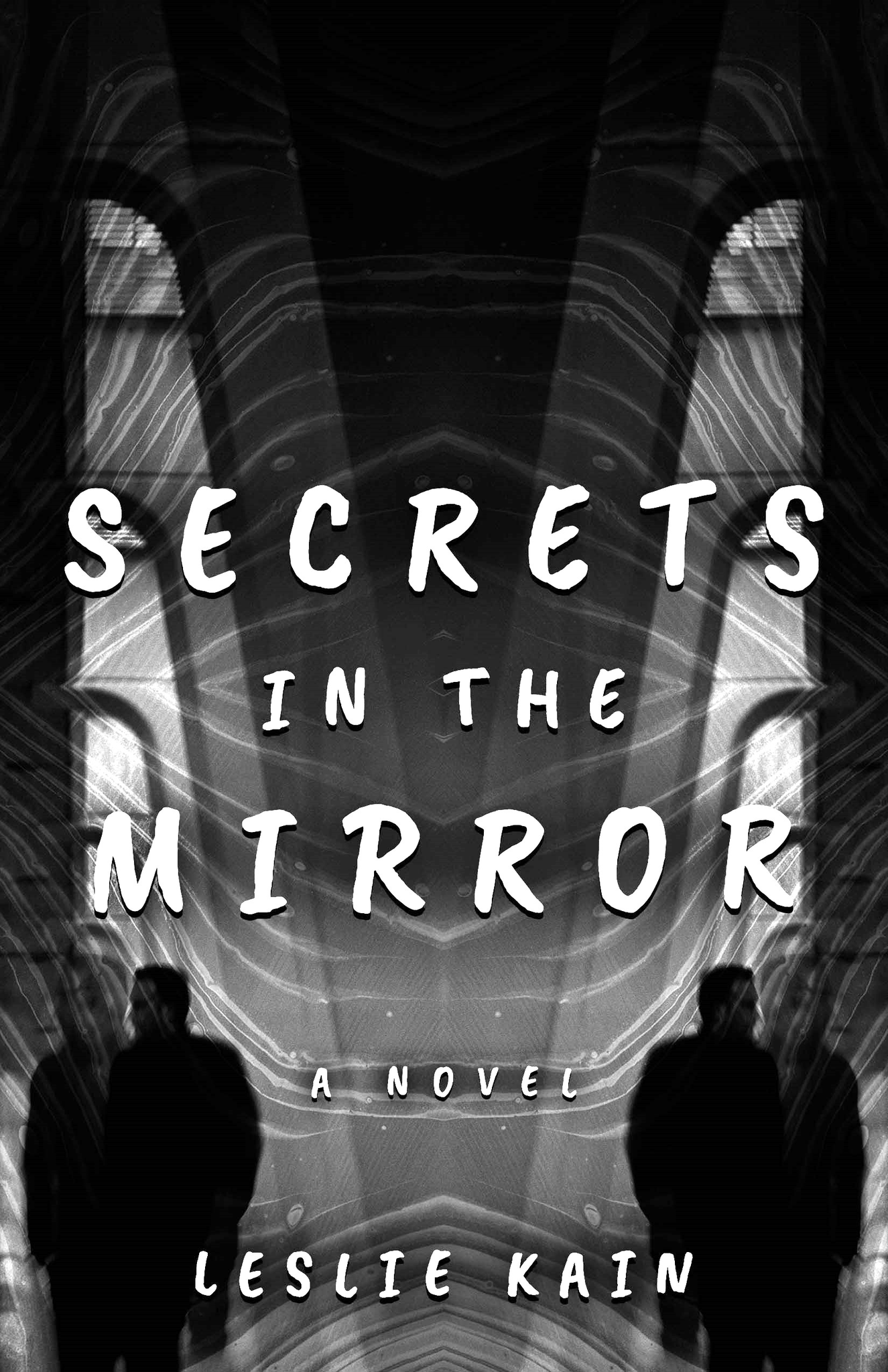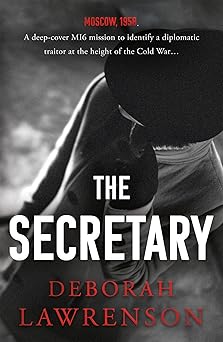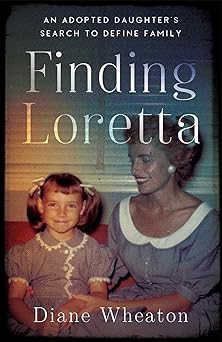Authors Interviewing Characters: Raquel V. Reyes
 Raquel V. Reyes interviews Miriam Quinoñes, food anthropologist, cooking show star, mother, and reluctant amateur sleuth in her Caribbean Kitchen culinary cozy debut, Mango, Mambo, and Murder.
Raquel V. Reyes interviews Miriam Quinoñes, food anthropologist, cooking show star, mother, and reluctant amateur sleuth in her Caribbean Kitchen culinary cozy debut, Mango, Mambo, and Murder.
Raquel: Hola, Miriam. ¿Como estas?
Miriam: I’m great. Thank you.
Raquel: Can you tell the readers where this interview is taking place?
M: Claro. We are sitting in my prima Yoli’s restaurant in Hialeah. It is called Tres Palmas, but I affectionately refer to it as Tres Sillas.
R: Why do you call it three chairs?
M: Before my cousin took over the business, it was run by my aunt and uncle and was a third of the size. See that counter and ventanita? That was the whole of the restaurant, three stools, and a window.
R: Can you explain Miami’s ventanita culture for those that are unfamiliar with it?
M: Yes! You know that is right up my alley as a food anthropologist.
R: Ok, Dr. Quinoñes, school us.
M: The large Cuban migration that began in the 1960s really changed Miami’s foodways. Not only did Cuban restaurants pop up to serve the new residents, but so did supermarkets that catered to the tropical palate. One of those was a place called El Oso Blanco, which is credited as the first ventanita. Cubans are, by nature, social. They love sharing a coffee and chismes, gossip. The walk-up style coffee service is perfect for that type of socializing. Ventanita translates to little window. It’s a horizontal glass opening that allows sidewalk patrons to order Cuban coffee and little pastries, aka pastelitos or fried foods like croquetas.
R: I love croquetas! My stepmother Elena made the best chicken ones. And our family friend, Daisita, would occasionally make ones from bacalao. So, good.
M: Ham ones, jamon, are the most common, but I love the codfish ones, too.
R: You are the star of UnMundo’s cooking segment on La Tacita. And you have another show, too?
M: They are kind of the same show, but one is in Spanish, and one is in English. Cocina Caribeña is the Spanish language cooking segment on the morning show. Abuela Approved is the YouTube version. It is the same recipe but with an English, well Spanglish, voiceover. I sometimes add a little more food history to the Abuela Approved version, and the studio adds graphics and other fun stuff. It is geared towards a younger audience that maybe hasn’t learned to cook yet. And maybe isn’t fluent in Spanish.
R: Abuela Approved means grandmother approved. ¿No?
M: Exactly. No one cooks as good as your own abuela, but not everyone has had the benefit of learning at the side of an elder. You know what I mean? Sometimes it is a language barrier, and sometimes it is a distance barrier.
R: Do you only cook Cuban food?
M: No. I share recipes from Puerto Rico, the Dominican Republic, Haiti, Jamacia, Trinidad and Tobago, all of the Caribbean. The African diaspora influenced the whole region, and I like to highlight that shared heritage whenever I get a chance. Think of plantains. So many island cultures use the starchy fruit. A tostone is called a banan peze in Haiti.
R; Stop, I’m getting so hungry. And it isn’t lunchtime yet.
M: I can get you another pasteliito de guava. Ha, ha, ha.
R: Moving on to other subjects. I heard you recently solved a crime.
M: Yes, but only because my BFF, Alma Diaz, was arrested, and I needed to prove her innocence.
R: No spoilers, but can you give us a teaser?
M: My husband’s brother is a lawyer, and he’s advised me to be careful about what I say before the trial. I am a little nervous about testifying in court.
R: I would be, too. So, let me change the subject. You are Cuban-American. Your husband, Robert Smith, isn’t. I believe he only speaks English. But you are raising your four-year-old son to be bi-lingual. How?
M: Easy. I speak to Manuelito exclusively in Spanish, and Robert speaks to him in English. Many bilingual families do the same thing—Czech, French, Danish, Italian, whatever the language. Kids absorb languages naturally if their exposure to them is consistent. My mother-in-law doesn’t understand it. She is always giving me a hard time about it.
R: ¿Por qué?
M: She is constantly reminding me that the Smiths are a founding family. An All-American, titans of industry, founding family. My America is a melting pot, but hers isn’t. I think she’d want her grandchild to learn as many languages as possible. ¿No? Did you know that speaking more than one language improves your cognitive skills and might even fight off dementia?
R: Your mother-in-law doesn’t sound all that nice.
M: No comment. I think she tolerates me because I gave her a grandson. But the rest of Robert’s family is alright. I mean, I would have preferred to be living in Hialeah, where I grew up, rather than 1950s time-warped Coral Shores, but at least it’s Miami. Cuban coffee is ubiquitous. Tropical fruit trees grow in every yard. Biscayne Bay is only a few blocks from my house. We saw dolphins just the other day. It was so cool. And Miami Beach is just over the bridge. Life is good as long as she doesn’t get another key to my house.
R: Wait, what? She had a key to your house and used it.
M: Yes. Mi’ja, you don’t know the half of it.
____
Raquel V. Reyes writes stories with Latina characters. Her Cuban-American heritage, Miami, and the Caribbean feature prominently in her work. Raquel is a co-chair for SleuthFest. Her short stories appear in various anthologies including Mystery Most Theatrical and Midnight Hour. Mango, Mambo, and Murder is the first in the Caribbean Kitchen Mystery series. Find her across social media platforms as @LatinaSleuths.
MANGO, MAMBO AND MURDER
 Cuban-American cooking show star Miriam Quiñones-Smith becomes a seasoned sleuth in Raquel V. Reyes’s Caribbean Kitchen Mystery debut, a savory treat for fans of Joanne Fluke and Jenn McKinlay.
Cuban-American cooking show star Miriam Quiñones-Smith becomes a seasoned sleuth in Raquel V. Reyes’s Caribbean Kitchen Mystery debut, a savory treat for fans of Joanne Fluke and Jenn McKinlay.
Food anthropologist Miriam Quiñones-Smith’s move from New York to Coral Shores, Miami, puts her academic career on hold to stay at home with her young son. Adding to her funk is an opinionated mother-in-law and a husband rekindling a friendship with his ex. Gracias to her best friend, Alma, she gets a short-term job as a Caribbean cooking expert on a Spanish-language morning TV show. But when the newly minted star attends a Women’s Club luncheon, a socialite sitting at her table suddenly falls face-first into the chicken salad, never to nibble again.
When a second woman dies soon after, suspicions coalesce around a controversial Cuban herbalist, Dr. Fuentes–especially after the morning show’s host collapses while interviewing him. Detective Pullman is not happy to find Miriam at every turn. After he catches her breaking into the doctor’s apothecary, he enlists her help as eyes and ears to the places he can’t access, namely the Spanish-speaking community and the tawny Coral Shores social scene.
As the ingredients to the deadly scheme begin blending together, Miriam is on the verge of learning how and why the women died. But her snooping may turn out to be a recipe for her own murder.
BUY HERE
Category: Contemporary Women Writers




